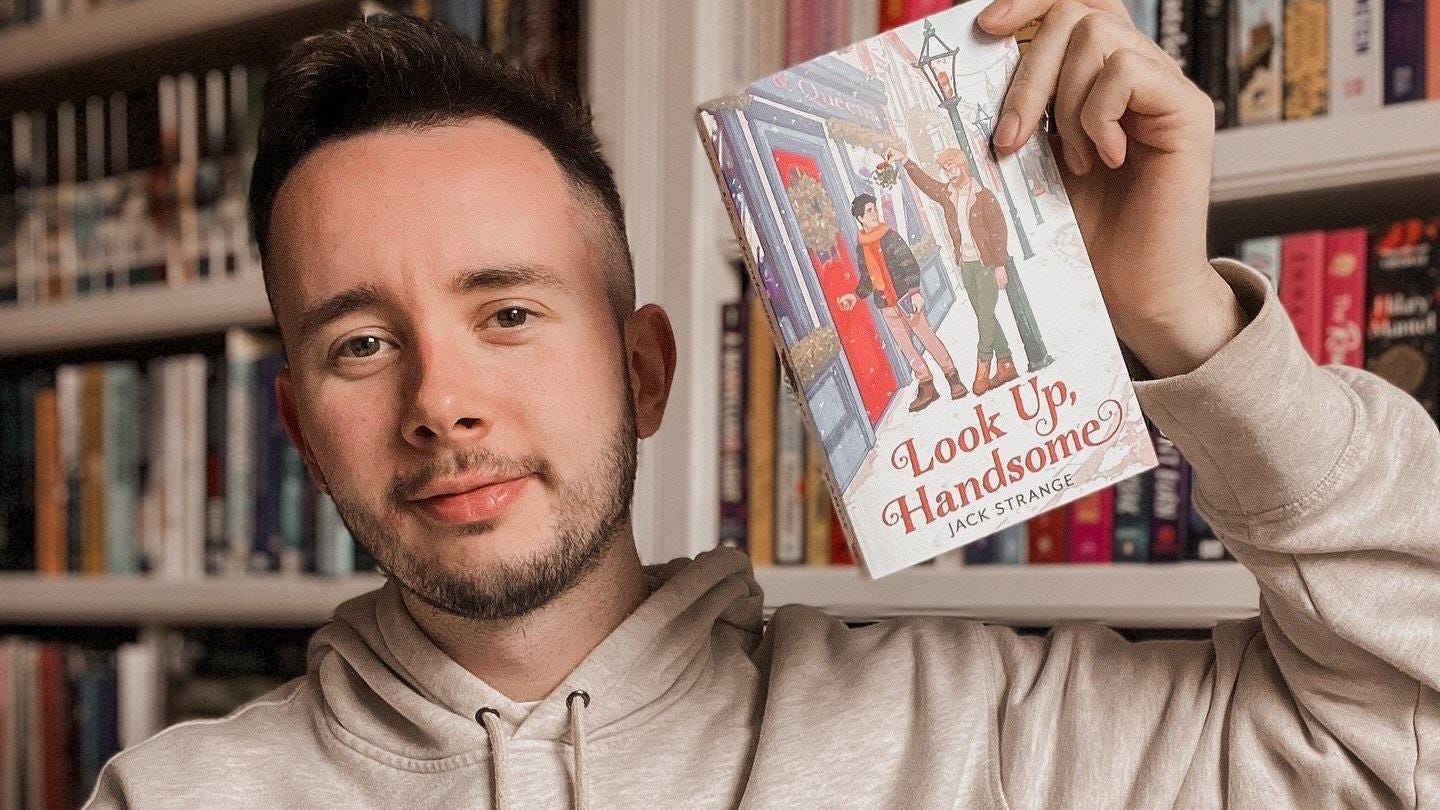Borkowski Media Trends: Meghan Markle & Meta Opposition
Meghan's jam-packed drama and authors waging war on Meta's use of AI...
As Ever, Divisive
Meghan Markle’s relationship with fame is as toxic as it gets. Her tumultuous period as the Duchess of Sussex has been littered with scandal and controversy, and enough negativity you’d think an individual can take. However, Meghan soldiers on with her latest venture, ‘As Ever’ a line of fancy products including jam, herbal teas, flower sprinkles and honey, wrapped in “keepsake packaging” and listed at a premium.
The high prices (£11 for a jar of raspberry jam) appear justified, with Meghan and her team announcing all As Ever products have sold out in under an hour. Her fans frantically snapped up supplies following celebrity endorsement and features in her cooking and lifestyle Netflix series, With Love, Meghan.
However, this is no metric for success, because this is no ordinary story. When Meghan does anything, she is routinely met with a barrage of press, usually negative, and millions worldwide offering an opinion. For the media covering these types of stories, the sheer volume of clicks is an unmissable opportunity to capitalise on heightened public interest. Unsurprisingly, the likes of the Mail, Telegraph and New York Post have been quick to scope out ‘insiders’ briefing against Meghan and her venture, which has been fraught with controversies like complications around the brand's name (FKA American Riviera Orchard before facing multiple trademark issues), and speculation around her real motivation for her products.
The adage “there’s no such thing as bad publicity” has never been more complicated to assess. Perhaps this product strategy is all part of a grand plan for As Ever and Meghan’s reputation management. They have appealed to Meghan’s market, and As Ever will continue to sell. But no amount of strategy can navigate these choppy waters or turn tides; the world’s opinion on Markle is as entrenched as it gets, so applying basic communications principles is nothing short of pure chaos.
Our fragmented media landscape means celebrities can operate in silos, a tactic used most successfully by those ‘cancelled’ who declare war on the mainstream media and build communities around culture wars commonalities. While Markle hasn’t been ‘cancelled’, the option to co-opt parts of these strategies to attempt to appeal to her audience is certainly on the table (albeit it requires a lot of work), however, there’s a growing sense that she is still trying to win over her critics. At this rate, it’s a battle she’s destined to lose judging by the hoards of detractors. Countless commentators will have their say on this latest chapter, but no matter the outcome this story remains in stasis and her celebrity doomed to be eternally discussed.
A plot twist finds Meta playing the villain
Meta has found itself in the hot seat this week as UK authors have united to protest against the tech giant’s use of copyrighted books to train its AI. Meeting outside Meta’s London offices yesterday, novelists Kate Mosse and Tracy Chevalier were among groups of authors, poets and creatives who joined forces to deliver an official letter from the Society of Authors to Meta. The letter will also be sent to Meta’s US headquarters with notable signatories including Kazuo Ishiguro and Richard Osman.
These protests were triggered by a US court filing earlier this year which alleged that Meta CEO Mark Zuckerberg approved LibGen, a shadow library containing more than 7.5 million books shared online without author consent. Recently released emails from the copyright case in the US show executives debating permissions and making payment to authors whose data had been scraped by LibGen, before concluding ‘it would be unreasonably expensive’. Last month, the Atlantic republished a searchable database of the titles on LibGen, through which many authors discovered their works may have been used to train Meta’s AI models.
All this has inflamed quite the furore against Meta who has so far remained notably silent on the issue, claiming it had made ‘fair use’ of the books and telling the press, “We respect third-party intellectual property rights and believe our use of information to train AI models is consistent with existing law.” The tide seems to be turning against Meta, with British politicians supporting the authors. A Publishers Association poll reveals a staggering 92% of MPs advocate for AI firms to disclose their use of copyrighted materials, with 85% insisting on fair compensation for creators.
With the US stock market in a chaotic downturn since Trump’s latest round of tariffs, Meta’s stock price decline may be lost in the noise, however as more high-profile authors join the fray and politicians express support, it is clear that this story and the debate around AI and IP rages on and far from its final chapter.






